Why Sharks Are Earth’s Ultimate Survivors: The Secrets To Their Longevity
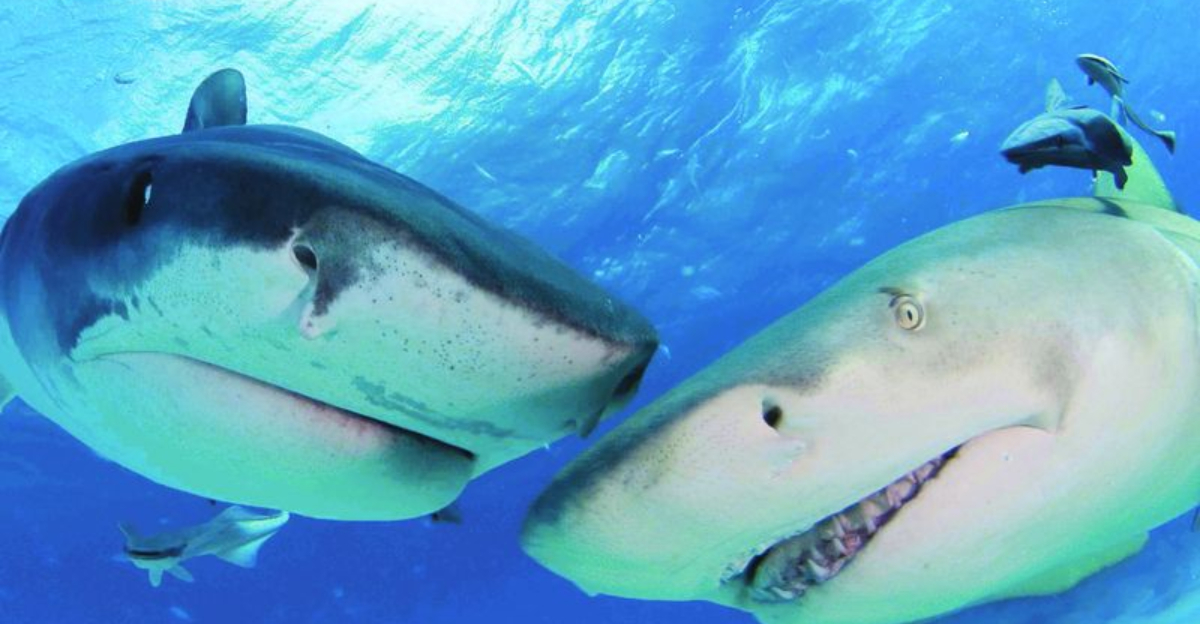
Sharks have patrolled our oceans for more than 400 million years, outlasting dinosaurs and surviving multiple mass extinctions.
These remarkable creatures have perfected the art of survival through countless environmental changes. Their incredible resilience isn’t just luck – it’s the result of evolutionary adaptations that make them some of the most successful animals on our planet.
1. Ancient Origins

Sharks predate dinosaurs by over 200 million years! Their fossil record stretches back 450 million years, making them one of Earth’s oldest vertebrate groups still swimming today.
Through five mass extinction events—including the one that wiped out dinosaurs—sharks persisted. This remarkable timeline showcases their unmatched adaptability to changing oceans, temperatures, and ecosystems throughout Earth’s history.
2. Supersensory Powers
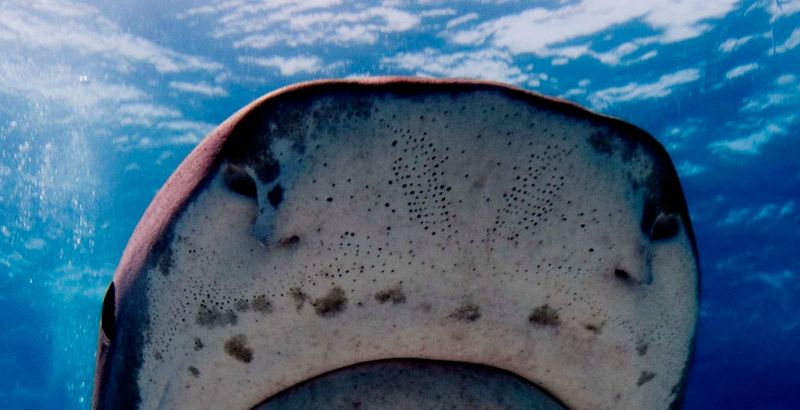
Imagine detecting a single drop of blood from a quarter mile away—that’s a shark’s reality! Their sensory abilities border on supernatural, with specialized organs called ampullae of Lorenzini that detect electrical fields produced by all living creatures.
Sharks can essentially “feel” heartbeats nearby. Combined with incredible smell, pressure-sensitive lateral lines, and excellent vision, sharks possess a multi-layered awareness system that’s unrivaled in the animal kingdom.
3. Hydrodynamic Perfection

Ever wonder why shark skin feels rough like sandpaper? Their skin contains tiny tooth-like structures called dermal denticles that reduce drag by up to 8%.
This evolutionary marvel creates microchannels for water flow, allowing sharks to swim faster while using less energy. Scientists have even created swimsuits inspired by shark skin to help Olympic swimmers break records! Nature’s engineering at its finest.
4. Constantly Renewed Teeth
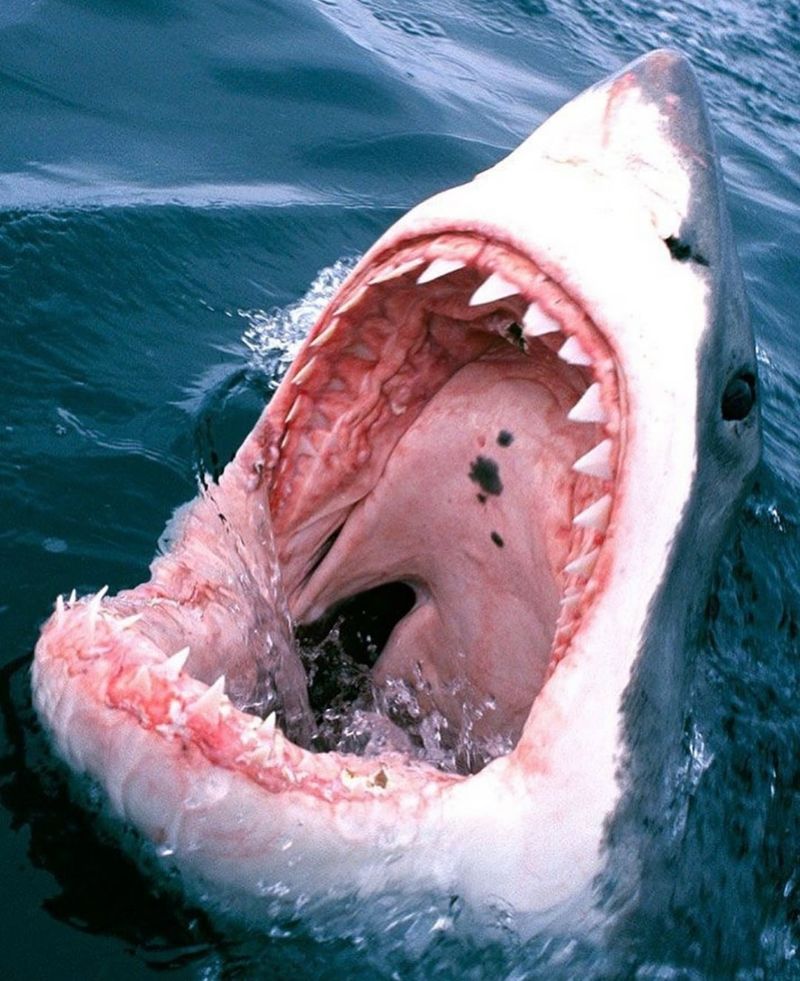
Sharks never worry about dental appointments! Unlike humans with our measly two sets of teeth, sharks continuously produce new teeth throughout their lives.
Many species have conveyor-belt-like rows of replacement teeth waiting in the wings. When one tooth breaks or wears down, another simply rotates forward to take its place. Some sharks go through 30,000+ teeth in a lifetime—nature’s perfect solution to a predator’s biggest problem.
5. Cancer-Fighting Superstars
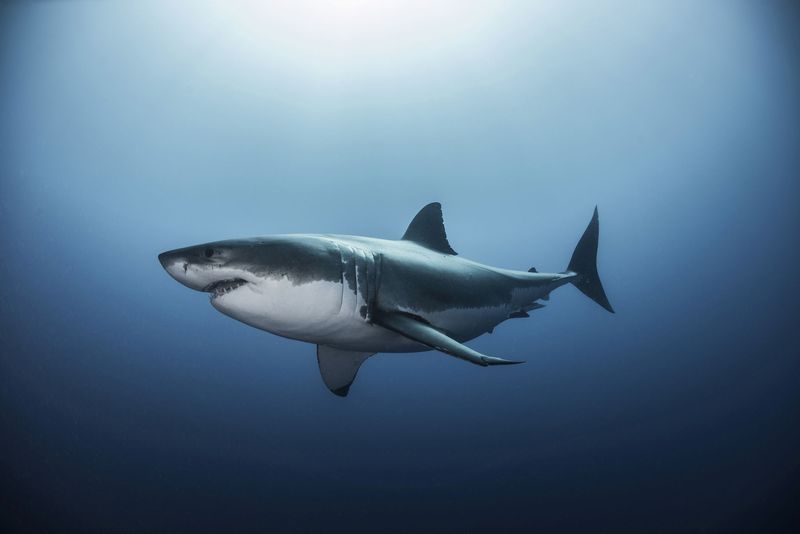
Sharks rarely develop cancer, a phenomenon that has fascinated medical researchers for decades. Their cartilaginous skeletons contain compounds that may inhibit tumor growth and blood vessel formation that cancers need to spread.
Scientists study shark immune systems hoping to unlock secrets for human medicine. While not completely immune to cancer, their resistance is remarkable—especially considering their long lifespans and exposure to ocean pollutants.
6. Reproductive Flexibility
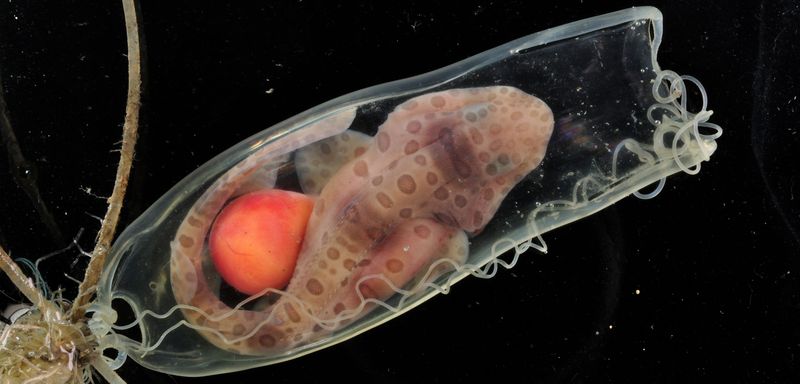
Female sharks are reproductive marvels with strategies ranging from laying eggs to live birth. Some can even store sperm for years, fertilizing eggs only when conditions are perfect!
Perhaps most astonishing is parthenogenesis—virgin birth—documented in several shark species. When males are scarce, some female sharks can reproduce without fertilization, creating offspring that are genetic clones of themselves. Talk about backup plans!
7. Metabolic Masters
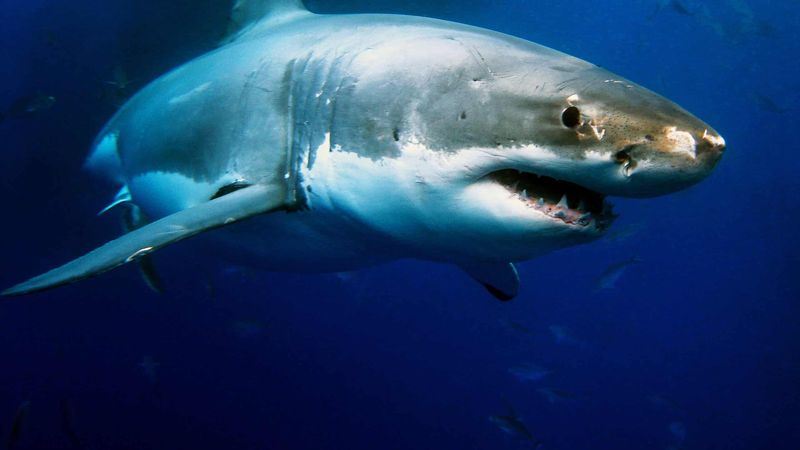
Great white sharks maintain body temperatures warmer than the surrounding water—unusual for fish! This partial warm-bloodedness lets them hunt in colder waters where prey has slowed down.
Many sharks can also enter trancelike states to conserve energy. By slowing heart rates and breathing, they minimize caloric needs during lean times. Some deep-sea species have even evolved to survive months between meals—the ultimate energy efficiency.
8. Impressive Lifespans
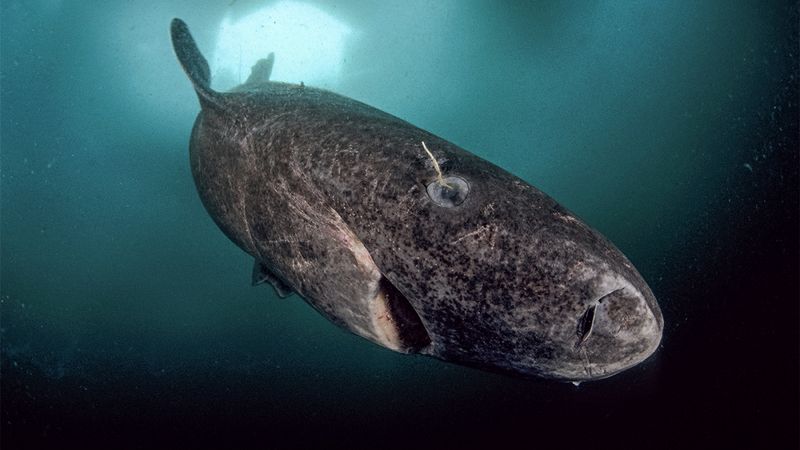
The Greenland shark holds the vertebrate longevity record, living up to 500 years! Scientists age them by radiocarbon dating their eye lenses, which form before birth and remain unchanged.
Many shark species routinely live 70+ years—far longer than comparable-sized mammals. This slow-burning lifestyle includes delayed maturity; some don’t reproduce until age 30. Their cells appear to resist the typical aging process, maintaining function decades longer than most animals.
9. Habitat Versatility
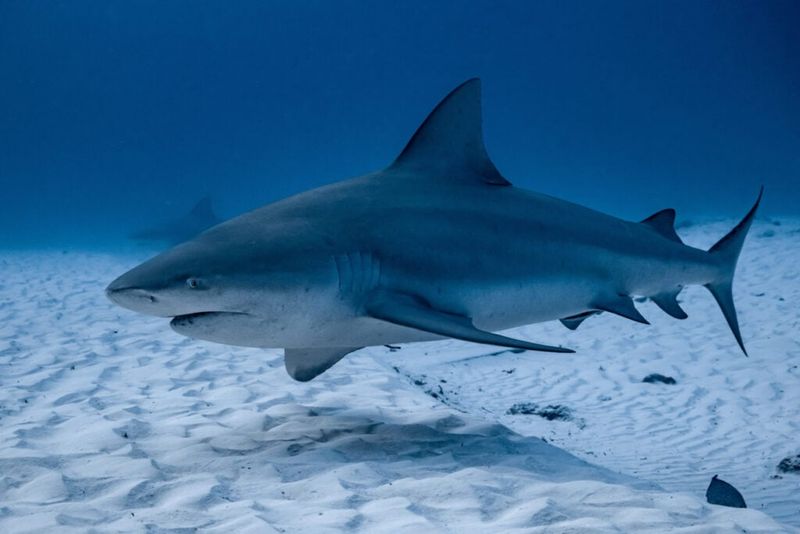
From tropical coral reefs to beneath Arctic ice, sharks have conquered virtually every marine environment. Bull sharks can even swim from oceans into freshwater rivers and lakes—the ultimate adaptability!
Some species thrive in crushing deep-sea pressures exceeding 4,000 pounds per square inch. Others bask near the surface. This unparalleled habitat flexibility has allowed sharks to find ecological niches worldwide, ensuring their survival as environments change over geological time.
10. Deep Sleep Mysteries
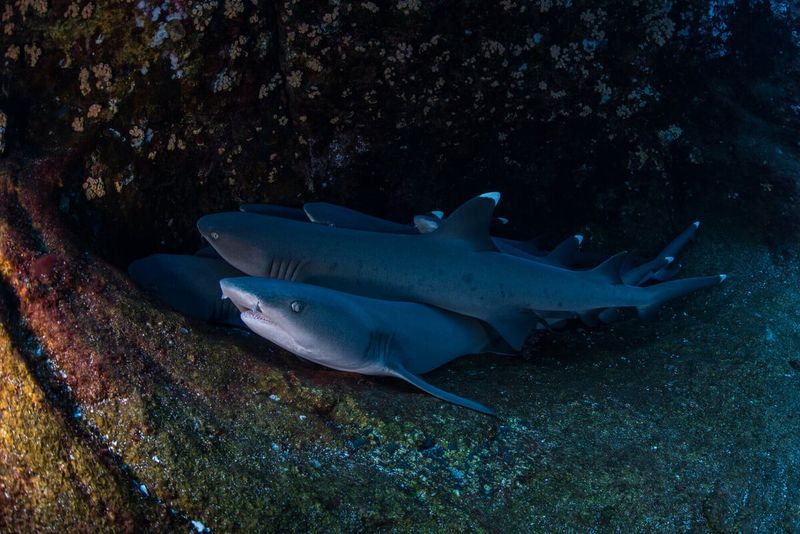
Contrary to popular belief, sharks don’t need to swim constantly to breathe. Many species can pump water over their gills while resting on the seafloor.
Scientists recently discovered that some sharks enter sleep-like states with reduced brain activity. Draughtboard sharks, for example, experience periods resembling human sleep. This ability to rest deeply while maintaining essential body functions helps conserve energy and extend their remarkable lifespans.
11. Social Intelligence
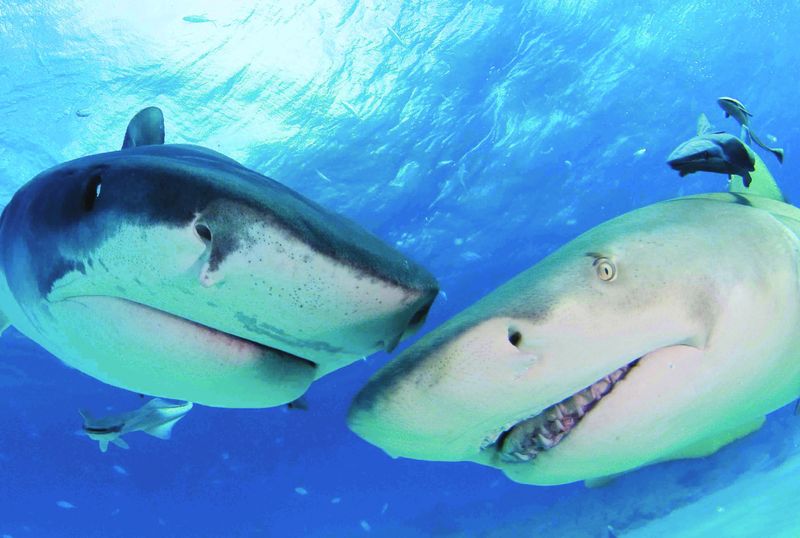
Forget the ‘mindless killer’ stereotype—sharks display surprising intelligence and social complexity. Great whites recognize individual companions and maintain social hierarchies during feeding.
Lemon sharks prefer swimming with familiar individuals—shark friendships! Many species use body language to communicate boundaries and intentions. Recent research suggests sharks have larger brain-to-body ratios than previously thought, with problem-solving abilities that challenge our understanding of fish cognition.
12. Healing Superpowers
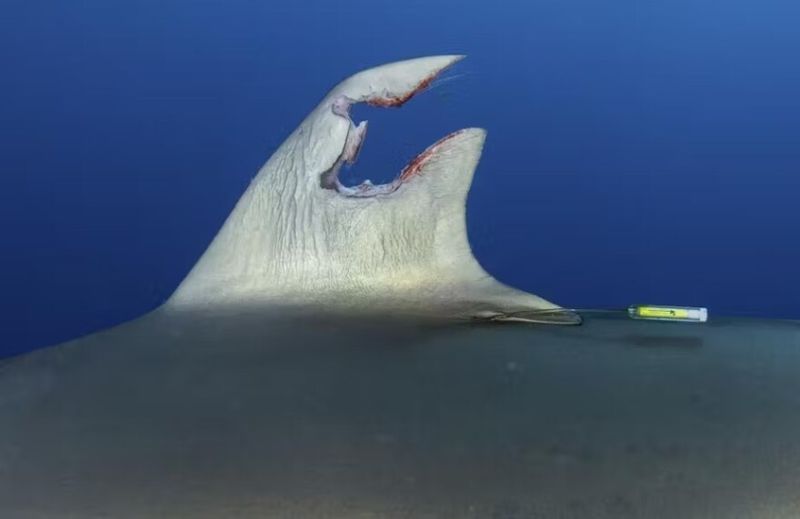
Sharks heal from severe injuries at astonishing speeds. Their blood contains powerful antimicrobial compounds that prevent infection—crucial when living with open wounds in bacteria-filled oceans.
Scientists have documented sharks recovering from massive bites, lost fins, and even hooks embedded in their mouths. Their remarkable tissue regeneration abilities coupled with specialized immune systems allow them to survive injuries that would be fatal to most animals.
13. Migration Marvels
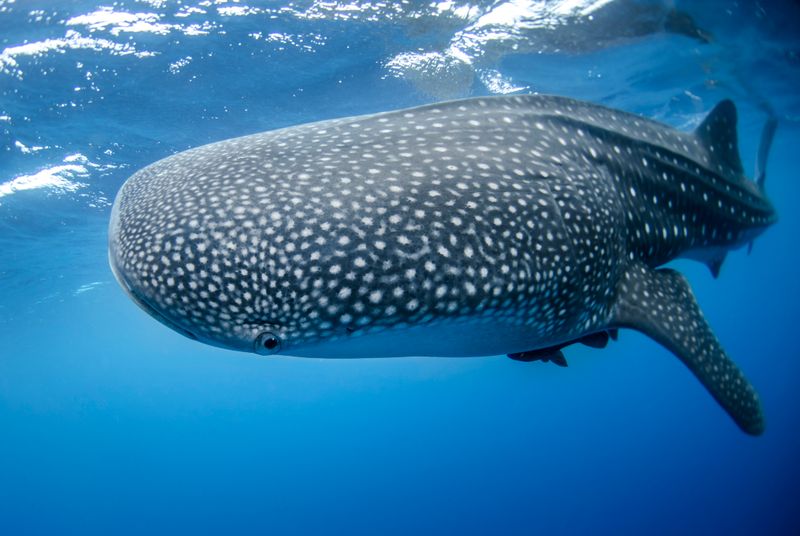
Great white sharks navigate with pinpoint accuracy across thousands of miles of open ocean. One famous shark, nicknamed Nicole, swam from South Africa to Australia and back—the longest recorded journey of any fish!
Scientists believe sharks use Earth’s magnetic field as a natural GPS. Combined with memory of oceanic highways and temperature preferences, these navigation skills allow sharks to find feeding grounds, mating areas, and birthing sites across vast, featureless oceans year after year.






